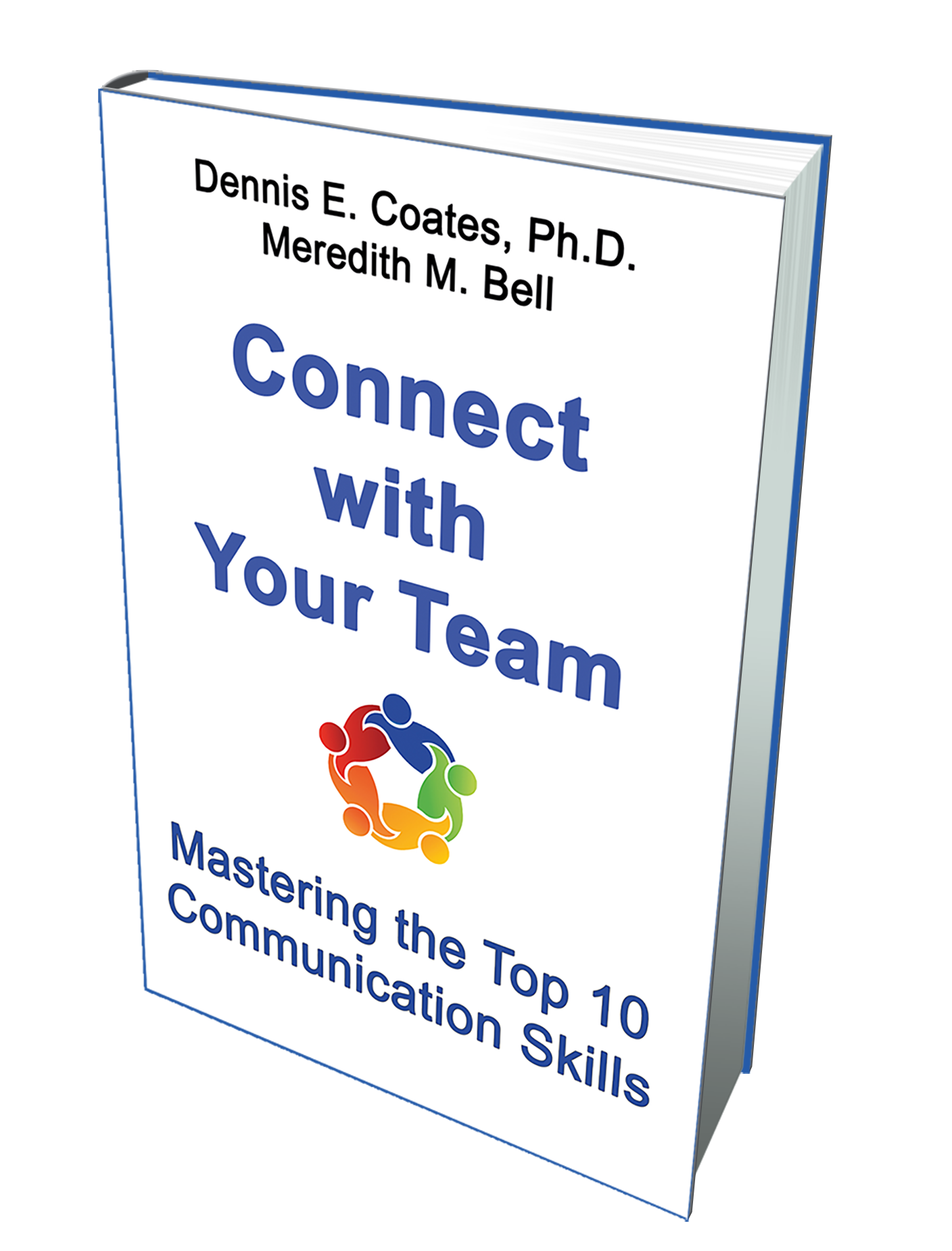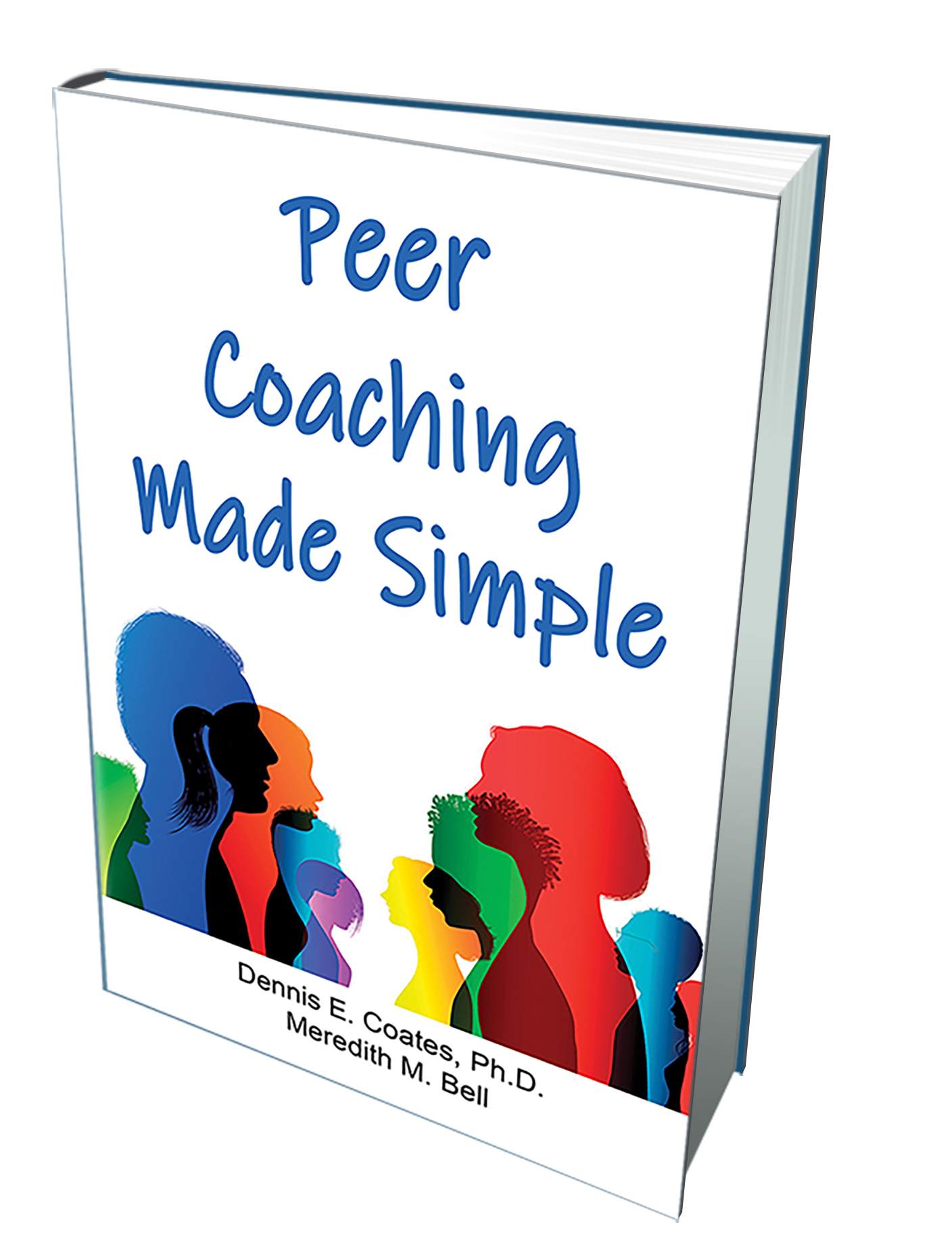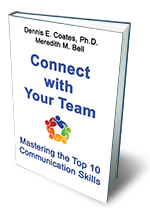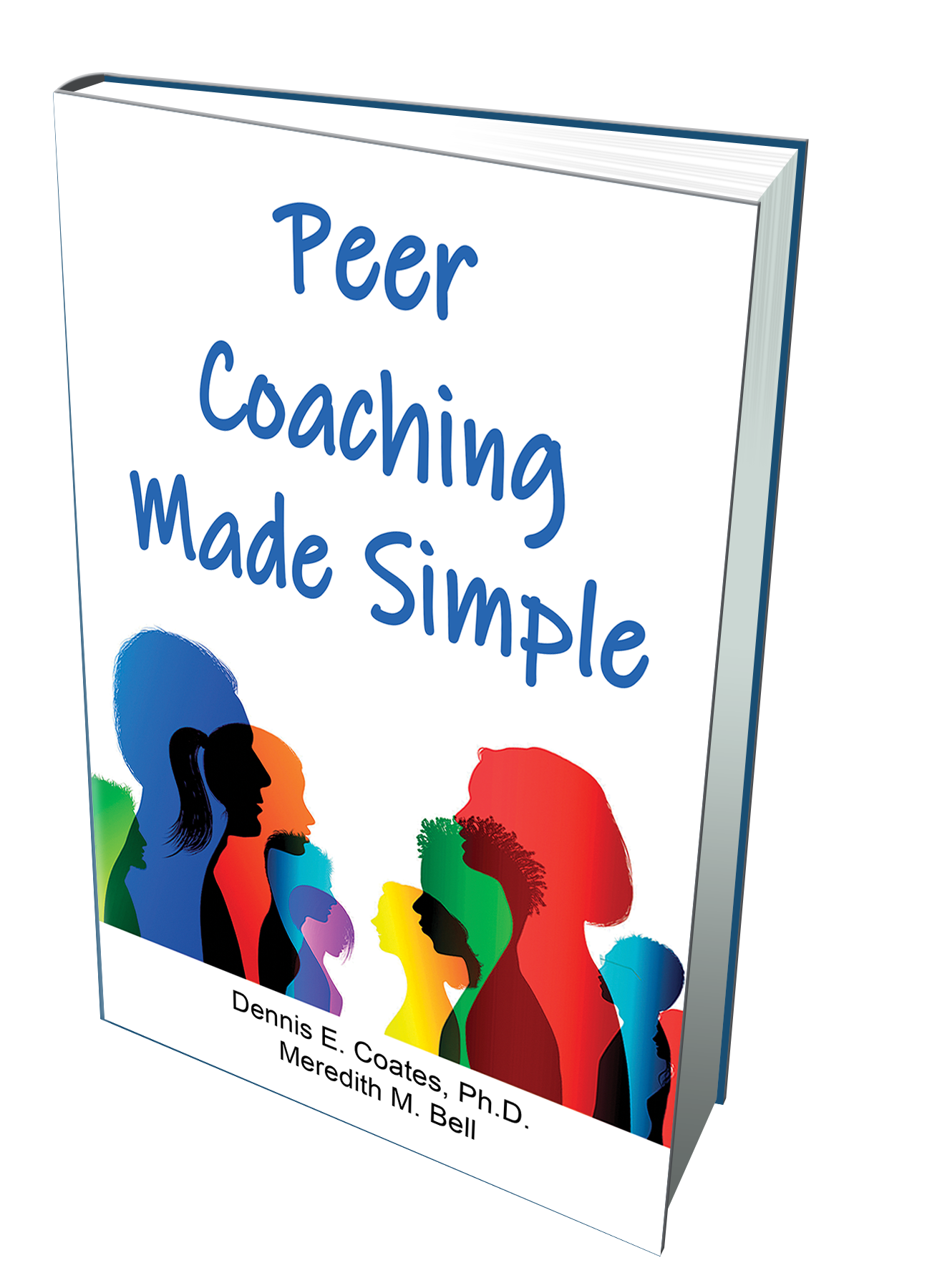
322: Being Your Own Authority
322: Being Your Own Authority
Have you ever felt like certain patterns in your life keep repeating, no matter how much you try to change? Rich Habets shares the concept of “scripts”—deeply ingrained, unconscious behaviors shaped by past experiences that influence how we see ourselves and interact with the world. By recognizing and rewriting these scripts, we can break free from limiting beliefs and create more empowering, fulfilling experiences in both our personal and professional lives.
We also explore the power of conscious choice—how shifting from “getting from” to “bringing to” transforms the way we approach relationships, work, and everyday moments. Rich’s stories from his new book, Being Your Own Authority, illustrate how mindfulness and self-awareness allow us to step into our own authority. If you’re ready to embrace self-discovery, cultivate trust, and align your actions with your values, this episode will leave you inspired to take the next step on your journey.
Rich is a former executive turned coach and strategist who has spent over 25 years working with leaders, founders, and organizations worldwide. Rich has helped thousands of individuals and businesses break free from limiting patterns and create powerful transformations. He specializes in leadership, mindset shifts, and game-changing strategies that help individuals and organizations solve intractable problems by being fully themselves and dismantling the stories that have held them back.
You’ll discover:
- How unconscious “scripts” shape your decisions and how to identify them
- The transformative power of shifting from “getting from” to “bringing to” in everything you do
- Why self-awareness and mindfulness are essential for personal growth
- Why taking a stand for your values builds trust and authenticity
- Practical ways to step into your personal power and create new possibilities
Watch the episode:
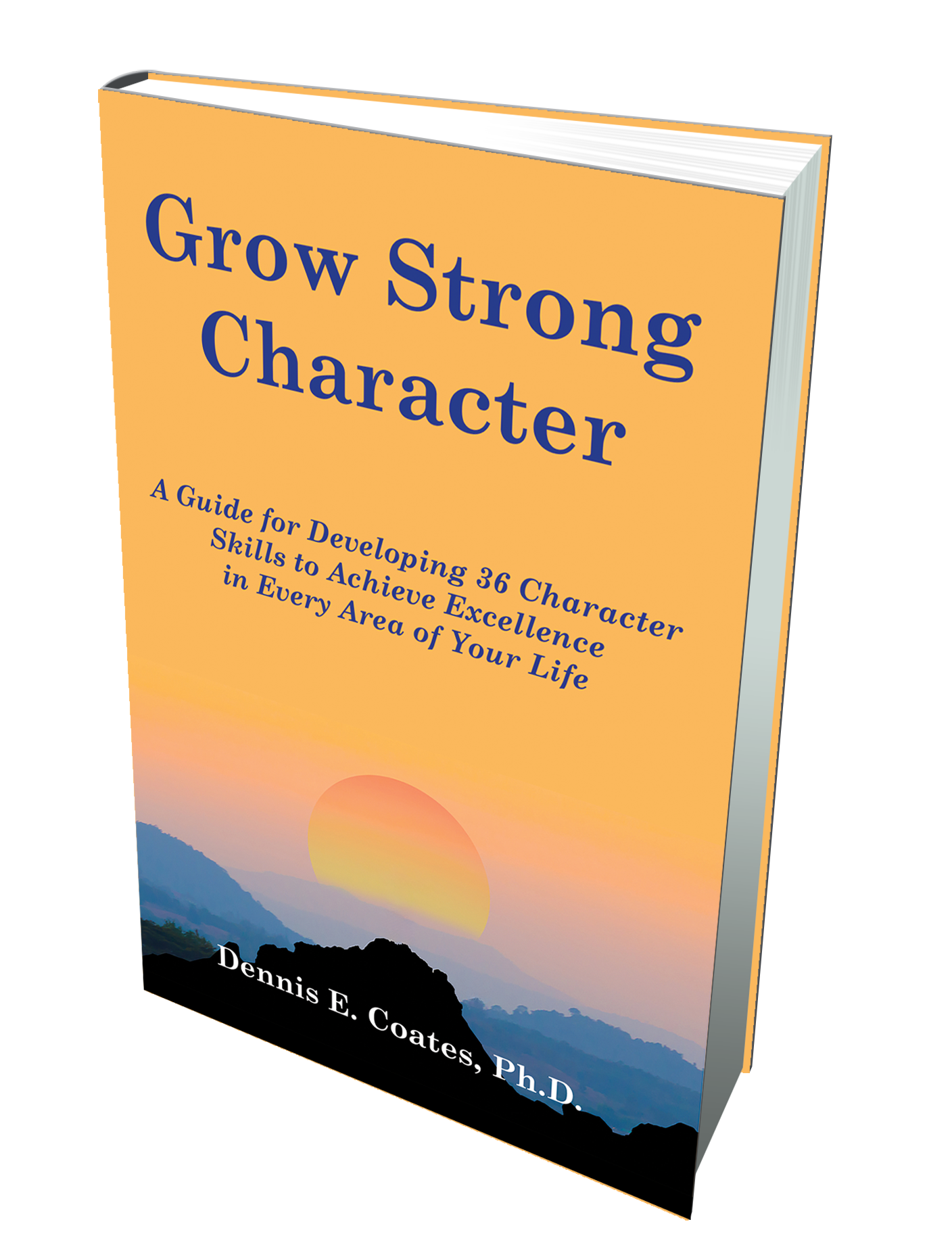
Grow Strong Character
Dennis E. Coates, Ph.D.
Connect with Your Team
and Meredith M. Bell
Peer Coaching Made Simple
Dennis E. Coates, Ph.D.,
and Meredith M. Bell







